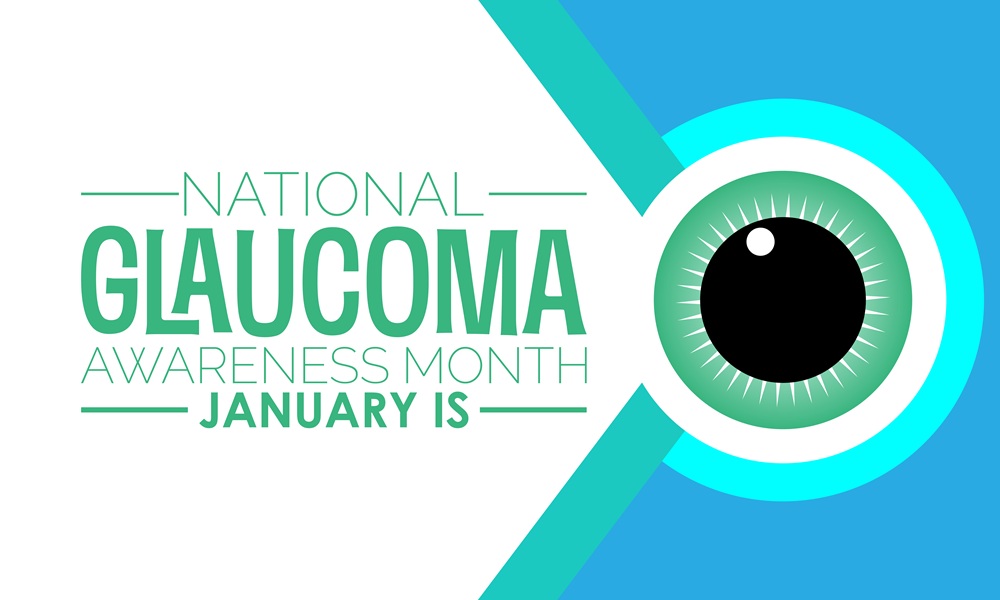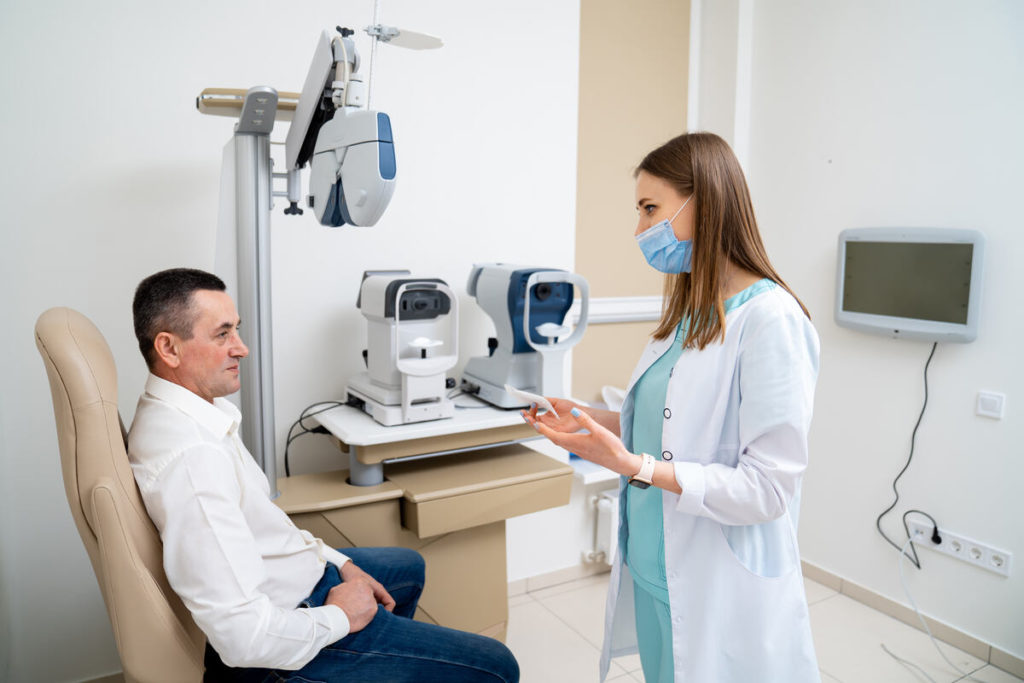
Last Updated on June 27, 2025 by Aaron Barriga
In the United States, more people lose their vision and fall into blindness due to Glaucoma than in any other place in the world. Most Glaucoma patients don’t experience any early symptoms, so the disease goes undetected until it is too late. Increasing awareness about Glaucoma among people above 40 and those with a family history of Glaucoma is essential.
January is National Glaucoma Awareness Month in the United States. The medical fraternity makes efforts to reach out to anyone susceptible to the disease and make them aware of Glaucoma. There is no cure for Glaucoma, but early treatment can often stop the damage and protect your vision.
How to Observe the National Glaucoma Awareness Month?
Whether you are a part of the medical fraternity or not, you too can observe National Glaucoma Awareness Month and help those in your community who may be at risk for Glaucoma. Here’s how –
- Volunteer –Participate in your community at your local health centre and city departments as they host Glaucoma awareness events. Volunteering will enable you to connect with others in a similar situation and build a support group.
- Get an Eye Check-Up –As a community member who cares about building Glaucoma awareness, you must set an example by getting an eye check-up. Regular eye check-ups are critical to detect Glaucoma. Visit your local optometrist or ophthalmologist for it.
- Spread awareness about the Risk Factors –Based on the statistics, it has been determined that people of African, Asian, and Hispanic descent are at a higher risk of getting Glaucoma than other ethnicities. Other high-risk groups include people over 60, family members of those diagnosed with Glaucoma, those with diabetes, and severely near-sighted people.
Talk to Your Doctor About Glaucoma
If you or your loved one has been diagnosed with Glaucoma, you may have many questions about it. The best part is that Glaucoma can be treated if detected early. Start your treatment as soon as possible to minimize the damage and protect your vision. Confused about what to ask your eye doctor? Here are some questions you can ask –
-
- What kind of Glaucoma do I have?
- How often should I get an eye exam for my Glaucoma?
- What else can I do to help my Glaucoma and protect my vision?
- What are the treatment options for my condition?
- What if I don’t take any treatment for my Glaucoma?
- Are there any side effects of the treatment?
- How will I know if my treatment is working?
- Does Glaucoma put me at risk for other eye diseases?
- Are there any foods or activities that I should avoid?
Also Read – Treating and Controlling Glaucoma
Why is National Glaucoma Awareness Month Important?
Glaucoma month is essential to observe not just in the United States but worldwide. There are many reasons why the common people should be made aware of the threat of Glaucoma –
- Glaucoma is a Silent Disease – If you or someone around you has Glaucoma in the early stages, they may not experience any symptoms just yet. Without treatment, the patient begins to lose peripheral vision. They can miss objects to the side or out of the corner of their eyes. The most common form of Glaucoma is called open-angle Glaucoma.
- Giving Patients a Voice – Observing National Glaucoma Awareness Day gives patients and their loved ones a chance to share their stories with the world.
- Spreading Awareness – The most critical reason for observing National Glaucoma awareness is spreading Glaucoma awareness in society. Those at risk for Glaucoma must be aware of the disease, its consequences, and how to protect themselves.
Glaucoma may not be a life-threatening illness, but if left untreated, it can debilitate the patient, making it difficult for them to live a normal life. Even though there isn’t a cure for Glaucoma yet, it can be treated when it is detected early.
Regular annual eye exams can help diagnose the disease before the patient experiences any symptoms. Starting treatment on time can help stop the damage to your eyes and protect your vision in the long term.
Be a part of National Glaucoma Awareness Month in January 2025.

Dr. Azhar I. Salahuddin is an ophthalmologist and is fellowship-trained in cornea, external diseases, and refractive surgery. Dr. Salahuddin has been performing cataract surgery for over 19 years and specializes ocular reconstruction, corneal transplantation surgery as well as vision correction through a variety of intraocular lenses. Dr. Salahuddin is board-certified by the American Board of Ophthalmology and was trained at Boston University.


